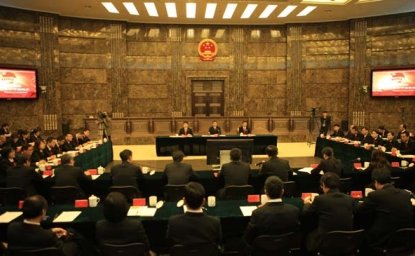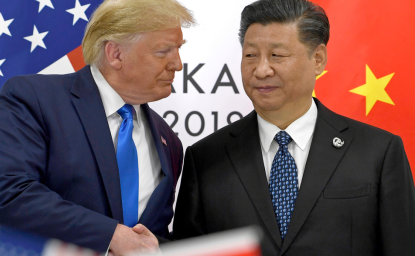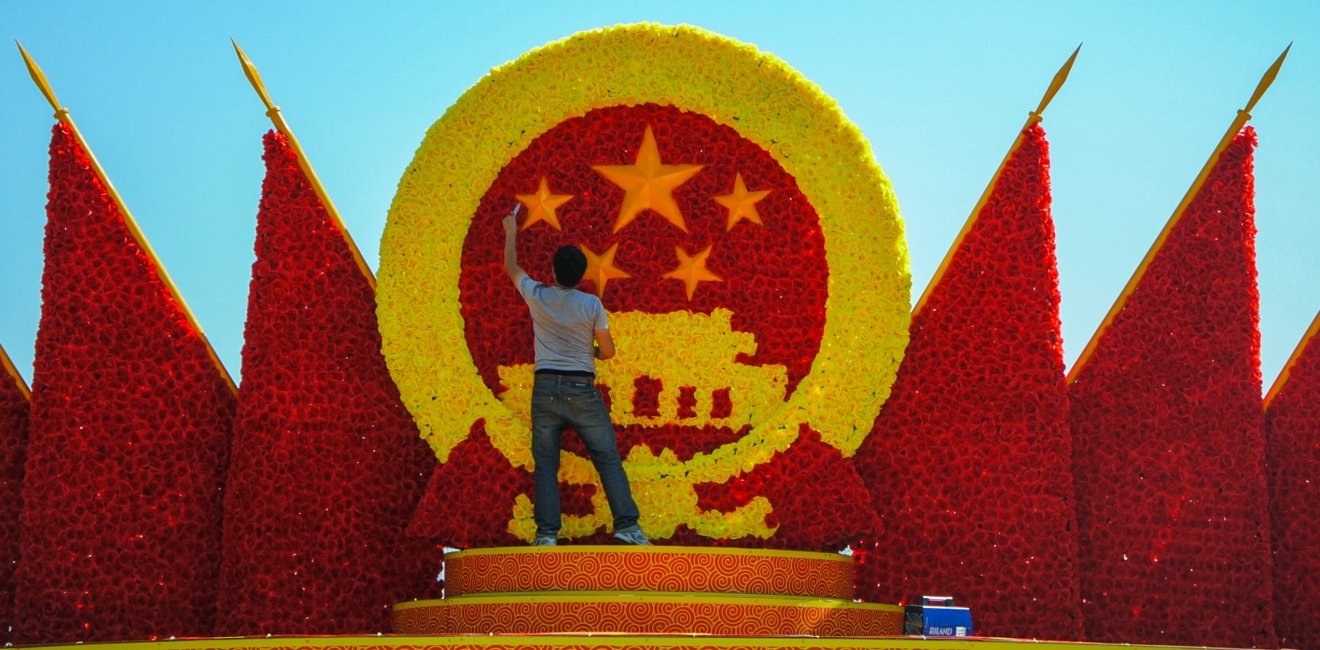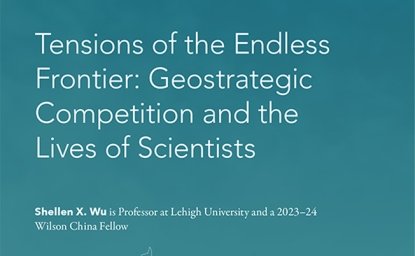China’s economic rise and growing global participation make it a critical factor in U.S. strategic calculations. But public perception of China in the United States has soured in the face of Chinese actions at home and abroad that seem to challenge U.S. ideals and interests. Western media have chronicled a persistent tightening since at least 2008 of the space within China’s borders for policy debate, social activism, rights lawyering, academic discourse, and investigative reporting, which some analysts maintain has increased and become more institutionalized since Xi Jinping became general secretary of the Chinese Communist Party (CCP) in November 2012.
Yet, the CCP is simultaneously engaged in a long-term “reinventing government” project to modernize China’s governance tools and institutions to accommodate a rapidly changing society with a more market-oriented economy. Faced with widespread environmental degradation, food safety scandals, illegal land seizures, fraud and corruption, ethnic unrest, social protests, and a fundamental lack of trust within Chinese society and between the government and its people, the Chinese leadership has come to regard law as essential to addressing the complex issues and diverse interests it faces. It has vowed to build a more law-based, transparent, participatory, and accountable government, to enhance both its effectiveness and its legitimacy.
This paper introduces some of China’s less-reported governance reforms, particularly the development of government transparency and public participation in decisionmaking under the rubric of open government. This open government project often conflicts with the CCP’s strong impulse to control and maintain its preeminent position in China’s legal and political systems. Even so, facts on the ground demonstrate that fundamental changes are taking place in China’s legal and governance arena. New values of transparency and participation are gradually being implemented and appear to be taking root in China’s complex, dynamic reality.
For access to the full report, please visit Brookings' John L. Thornton China Center.
Author

Senior Fellow and Visiting Lecturer-in-Law, Paul Tsai China Center, Yale Law School

Kissinger Institute on China and the United States
The Kissinger Institute works to ensure that China policy serves American long-term interests and is founded in understanding of historical and cultural factors in bilateral relations and in accurate assessment of the aspirations of China’s government and people. Read more

Explore More
Browse Insights & Analysis
China’s Freedom of Information Act Turns Eight

China Strikes Back Against US Tariffs, But Leaves Room for Negotiations


